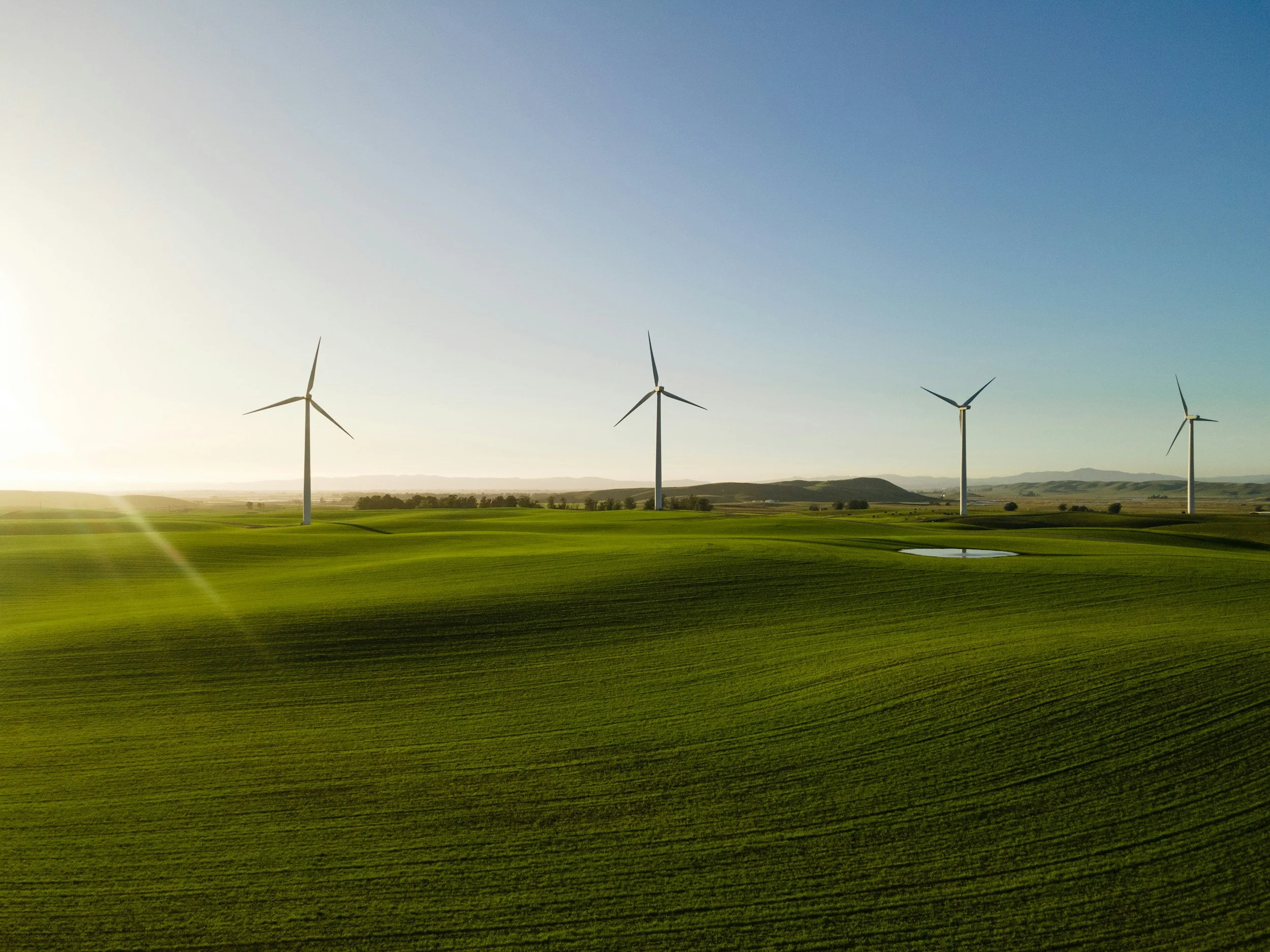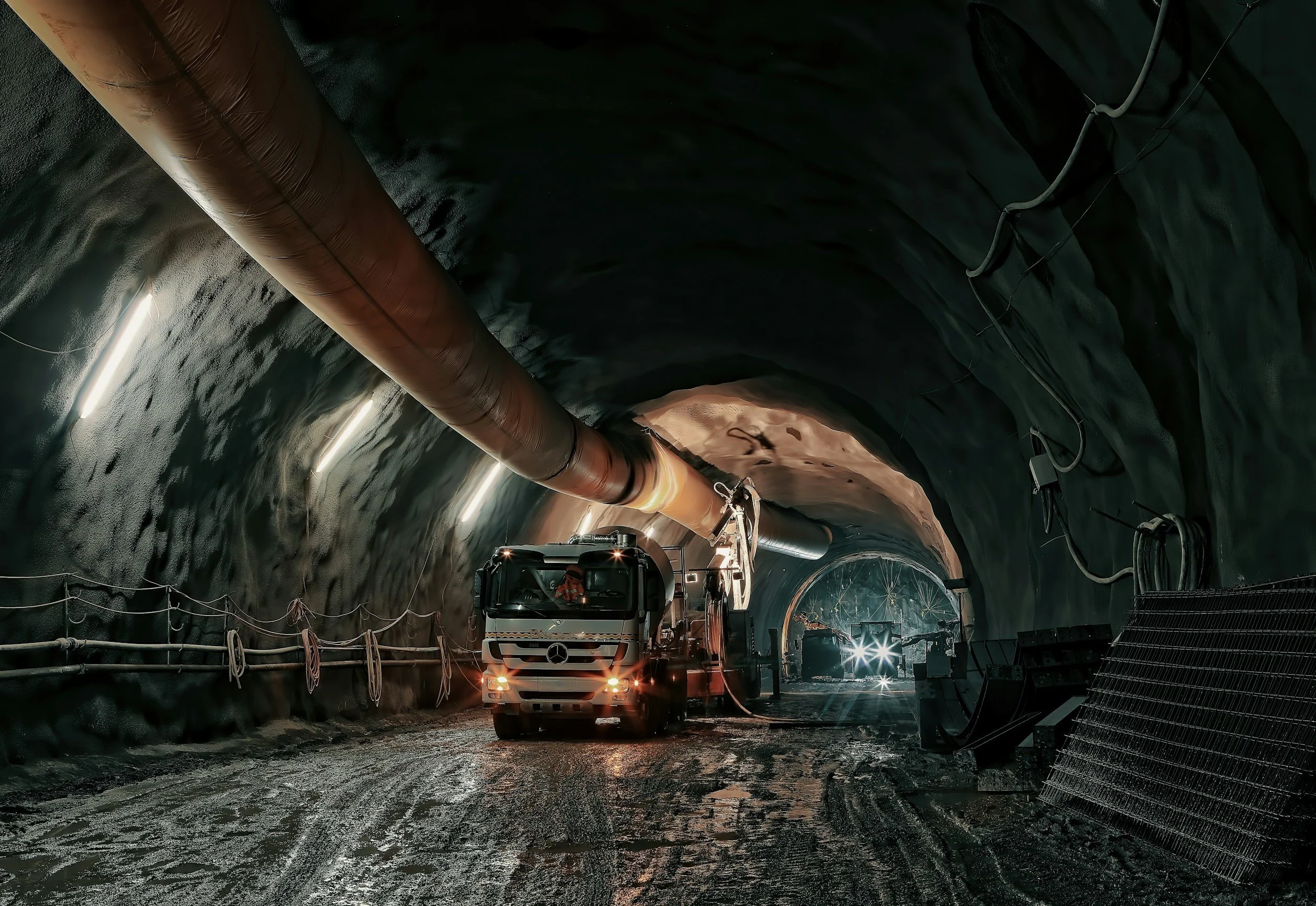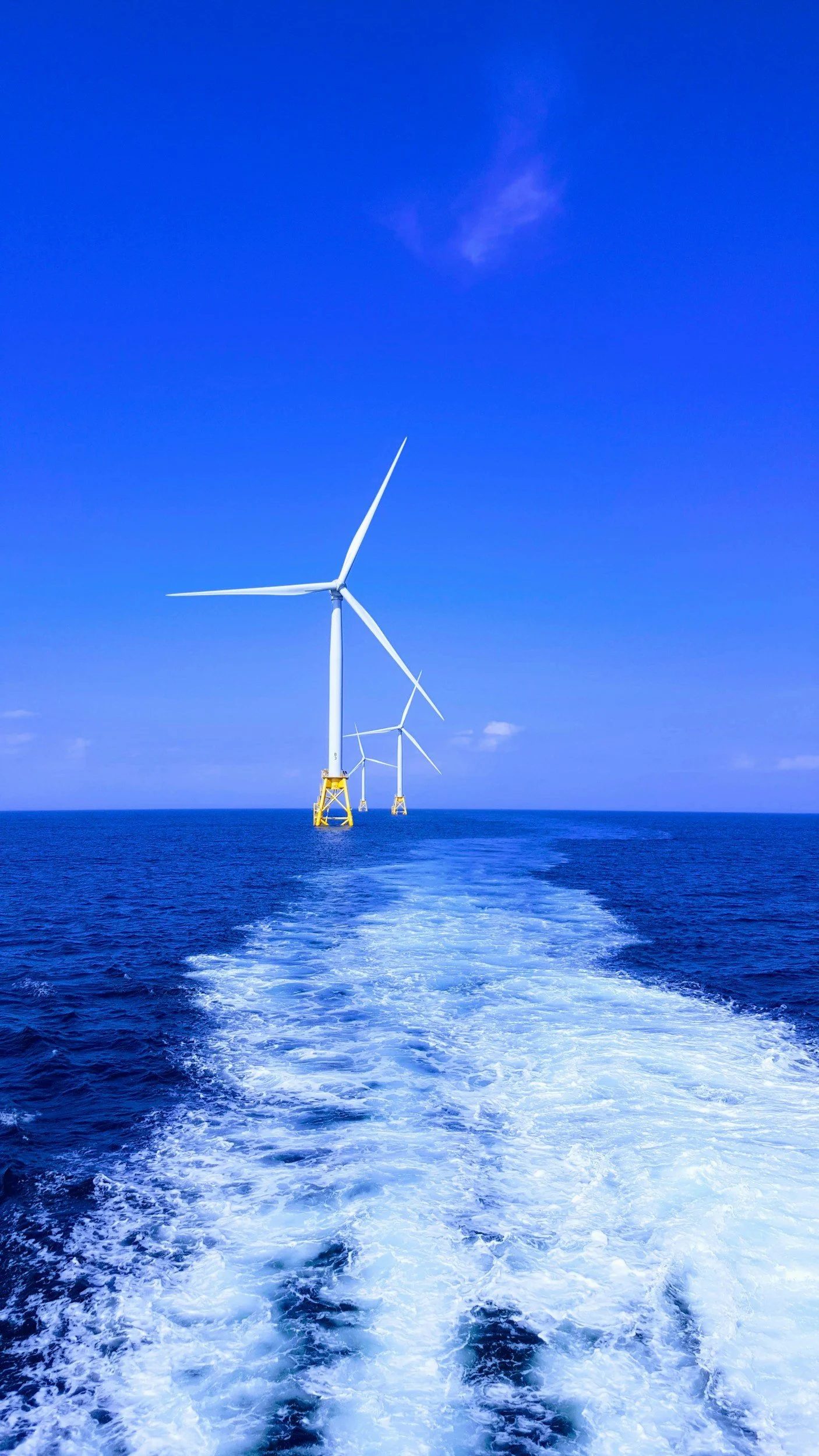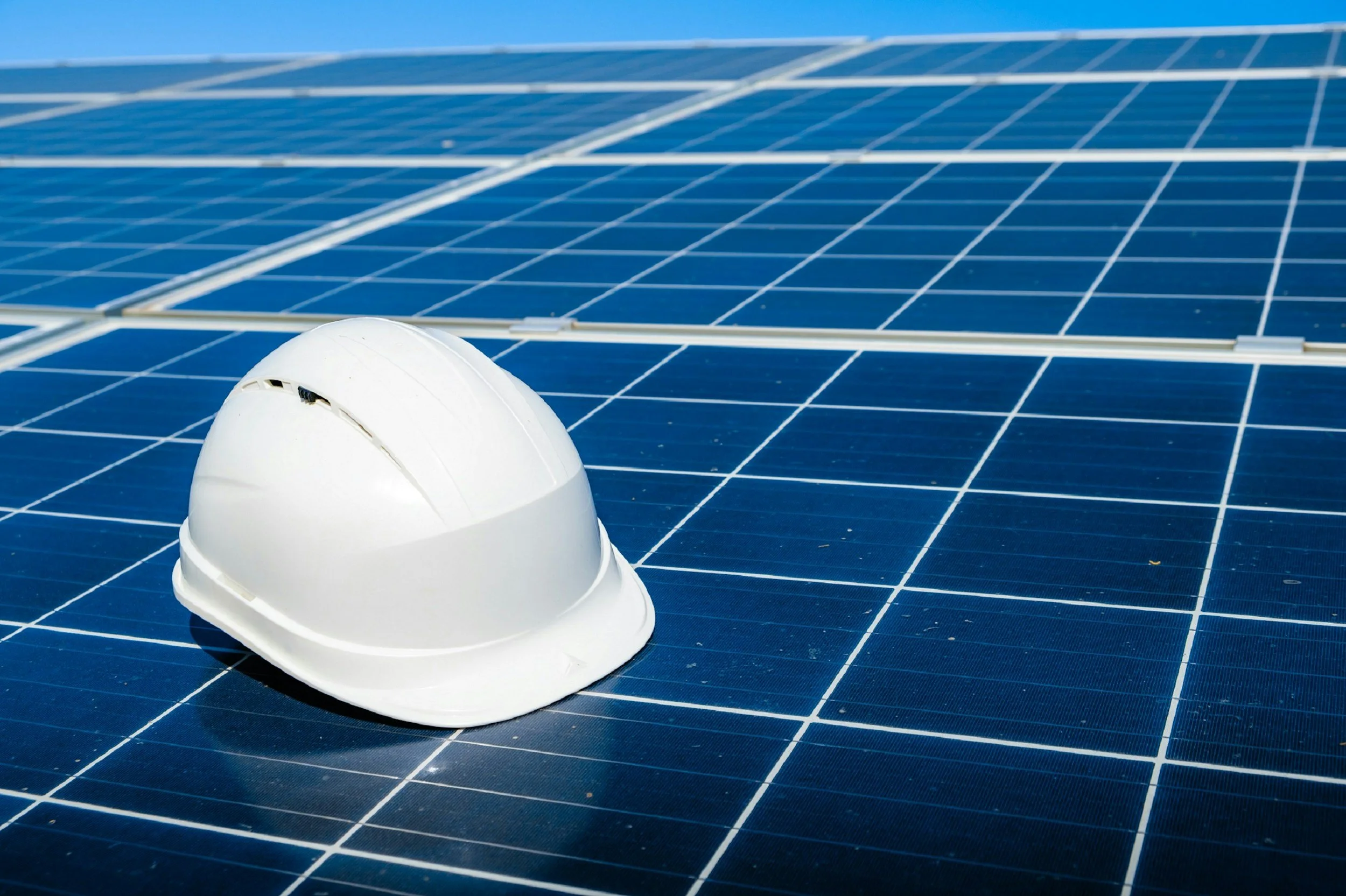
Storage Costs Fall, Nuclear Debates & Resource Realities
Energy markets are sending mixed signals. Battery storage is getting dramatically cheaper while generation costs tick upward, nuclear economics are being re-examined, Europe’s electricity mix continues to evolve, agricultural emissions remain concentrated in a handful of countries, and commodity pricing highlights the stark differences between scarcity and scale.

Can Floating Nuclear Power Find a Role in the Energy Transition?
Floating nuclear power is emerging as one of the more unconventional ideas in the global clean energy debate, offering reliable, zero-carbon electricity from reactor units mounted on floating platforms and positioned offshore near coastal demand centres.

UK Government Unveils Record £1bn Investment in Community-Owned Energy
The UK government has announced the largest public investment in community energy in the country’s history, committing up to £1 billion to help towns and villages own and control their own clean power generation.

Solar Scale, Grid Bottlenecks & EV Momentum
Electricity systems are expanding fast — but infrastructure, flexibility, and charging networks are racing to keep up. From record solar additions in the United States to coal declines in China and accelerating EV adoption globally, the energy transition is increasingly defined by scale, speed, and the ability of grids and networks to adapt.

Trump Rolls Back Landmark U.S. Climate Protection
President Donald Trump has announced the repeal of the Environmental Protection Agency’s landmark 2009 “endangerment finding,” calling the move the “single largest deregulatory action in American history.” The 2009 determination concluded that greenhouse gases — including carbon dioxide from fossil fuels — endanger public health and welfare.

UK Renewable Auctions Reach 14.7 GW of New Clean Power
The United Kingdom has secured its largest-ever expansion of clean electricity, locking in 14.7 GW of new renewable capacity across offshore wind, onshore wind, solar and tidal power — enough to supply the equivalent of 16 million homes.

Rising Power Demand, Clean Market Economics & Battery Breakthroughs
From record-breaking power demand and billion-dollar data centres to ultra-fast batteries and Australia’s quietly rapid clean-energy build-out, this week’s stories all point to the same shift: electricity is becoming the backbone of the global economy. As EVs, AI, cooling demand, and clean power scale simultaneously, markets, grids, and investment flows are being reshaped in real time — not in theory, but on the ground.

Raw Material Gaps Threaten Europe’s Clean Energy Targets
The European Union is at growing risk of running short of the raw materials needed to build its clean energy system, according to a new report from the European Court of Auditors. Lithium, nickel, cobalt, copper and rare earth elements are essential for solar panels, wind turbines, batteries, electric vehicles and grid infrastructure.

Trump Launches $12 Billion Project Vault to Build U.S. Critical Minerals Stockpile
The Trump administration has launched Project Vault, a $12 billion public-private initiative aimed at building a long-term U.S. stockpile of critical minerals used across energy, manufacturing, technology and defense supply chains.

Global Power Concentration, Clean Market Economics & Energy Storage Innovation
Global power generation is becoming increasingly concentrated, while market forces, technology costs, and industrial innovation continue to reshape energy systems. From China’s outsized role in global electricity supply to Texas’ market-driven clean energy buildout, Europe’s coal decline, new forms of heat storage, and tightening metals markets.

Geothermal Quietly Builds Momentum in the United States
Geothermal energy is beginning to take on a larger role in the U.S. energy system, driven by steady capacity growth, a rising project pipeline, and major advances in drilling and reservoir technology. U.S. geothermal power capacity now sits at just under 4,000 megawatts-electric (MWe) — roughly 4 gigawatts — up around eight percent since 2020.

SpaceX Eyes Space-Based Solar Power to Run Massive AI Data Centers
SpaceX has outlined plans for what could become one of the most unconventional energy-hungry infrastructure projects ever proposed: up to one million satellites operating as orbital data centers to power artificial intelligence from space.

Europe’s Rooftops Could Supply 40% of Power
Rooftop solar panels could end up supplying around 40% of the European Union’s electricity needs by 2050, according to a new EU-wide scientific analysis that highlights the enormous untapped potential sitting on top of homes, offices and commercial buildings.

Hamburg Declaration Sets Out New Era of European Offshore Wind Cooperation
The UK and a group of European countries have signed a new clean energy security pact aimed at accelerating the development of joint offshore wind projects in the North Sea, as governments seek to strengthen energy security and reduce exposure to volatile fossil fuel markets.

AI Infrastructure Boom, 24/7 Solar & the Copper Crunch
From the rapid build-out of AI-driven data centers to the world’s first round-the-clock gigawatt-scale solar plant, these stories capture how quickly the global energy system is evolving. Falling battery costs are reshaping electricity markets, emerging economies are charting new transition pathways, and critical materials like copper are emerging as potential bottlenecks.

Trump Uses World Economic Forum to Restate U.S. Energy Priorities
At this year’s World Economic Forum in Davos, the Trump administration used one of the world’s most prominent global stages to do something unusual: rather than moderating its energy message for an international audience, it reaffirmed it in full.

UK Targets Solar Panels, Batteries & Heat Pumps
The UK government has set out further details of its £15 billion Warm Homes Plan, placing solar panels, home battery storage, and heat pumps at the centre of its strategy to cut household energy bills and tackle fuel poverty.

EV Growth, Solar Momentum & the Race for Critical Materials
A new ultra-small hydro generator is showing promise for delivering electricity in remote and underserved areas. Designed to operate in shallow, slow-moving water, the system has already been tested powering street lights. Its portability and simplicity could allow off-grid communities to generate reliable local power without large infrastructure, expanding access to clean electricity in hard-to-reach regions.

States Unite Behind Trump Administration Push for New Power Generation
A cross-party coalition of U.S. governors and senior Trump administration officials has agreed on a coordinated push to accelerate new power generation across the Mid-Atlantic and Midwest electricity system, as rising prices and surging data-centre demand put growing pressure on the regional grid.

Trump Targets Data Centres to Fund New U.S. Power Capacity
The Trump administration is preparing to unveil a major intervention in the U.S. electricity market aimed at preventing rising power costs from being passed on to households as energy demand from data centres surges.
